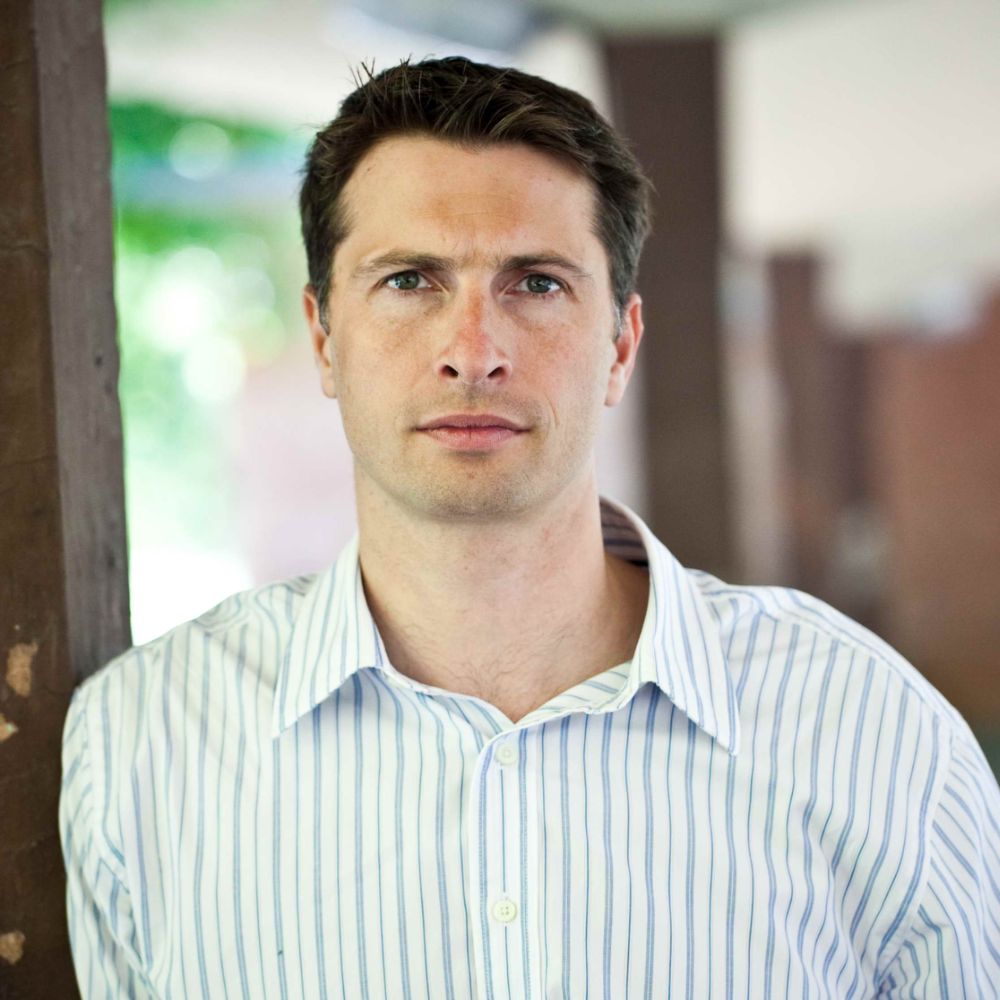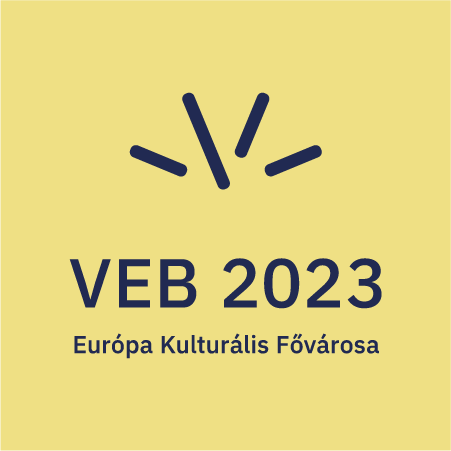
Csaba, impact architect/designer, curator, has spent the past two decades exploring how we can adapt to and succeed in our fundamentally changing environment and redesign our systems to fit our new challenges. Earlier he worked with companies, institutions and leaders on redesigning marketing driven business strategies, having also written a book on the subject, titled ‘Instead of Advertising’. Building on that he researched complex systems and value innovation, using that knowledge to co-found TXD Impact Design Studio and Sapience Business Design to help clients with designing breakthrough systemic innovations and sense making, constructive collaboration and organic impact strategies. He has also designed and curated many smaller and larger, local and international events, examples of which are the Well Being Summit held in Bilbao in October 2021 or TEDxDanubia (and the corresponding social platform and movement), which he initiated, led and has been curator for since 2009, and in which context he has prepared over 200 high calibre speakers, both international and Hungarian. Since 2017 he has been working closely with Community Arts Lab (Porticus Foundation) and the Community Arts Network, as a strategic advisor and network/impact architect, on elevating the role and contribution of arts and culture in change making and systems change.
Repositioning Arts: Beyond L’art pour L’art
Amidst an overwhelming cacophony of existential challenges and superficial solutions, it is hard to find a source of realistic hope nowadays: a mismatch between the nature of our challenges and the ways we try to find solutions leads to dire consequences and an overwhelming sense of being stuck in a seemingly negative spiral (although so many of us are doing their best to make a change). We focus on trying to solve what hurts and ignore the dynamics that lead us there in the first place. We try relying on technology and power games, but belittle and ignore the role and potential of culture. And fair enough, how can art or culture help winning a war? On the other hand, how can we hope to resolve a conflict without culture? We need a new approach, we need systemic change and we need to place culture at its core. But for that, we need to change the way we see culture, arts, and the role or potential they can play in shaping our destiny.
